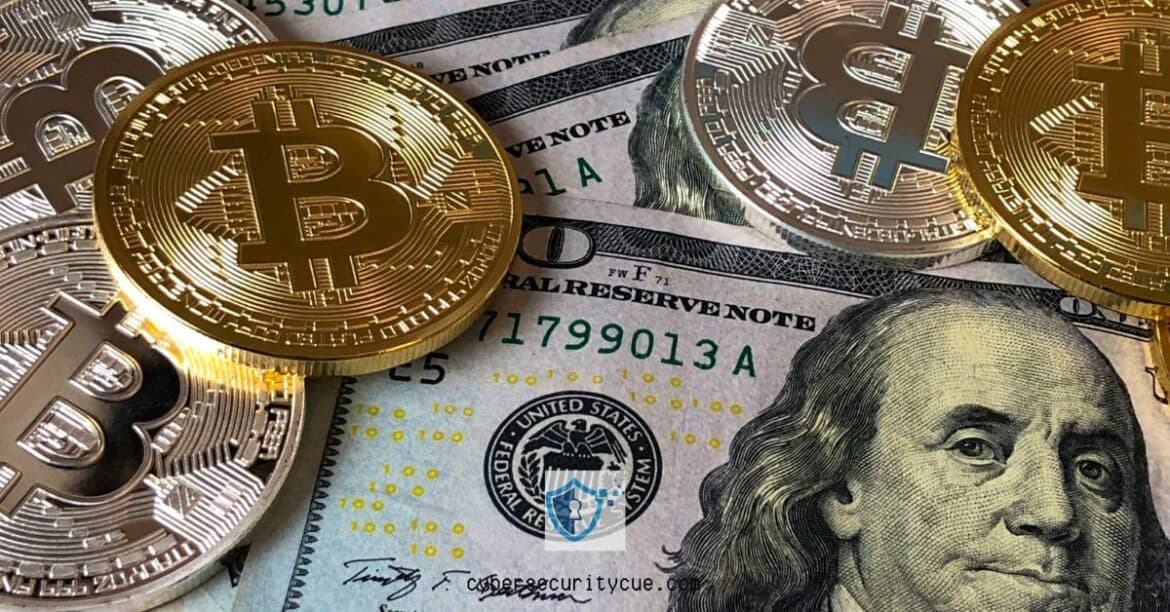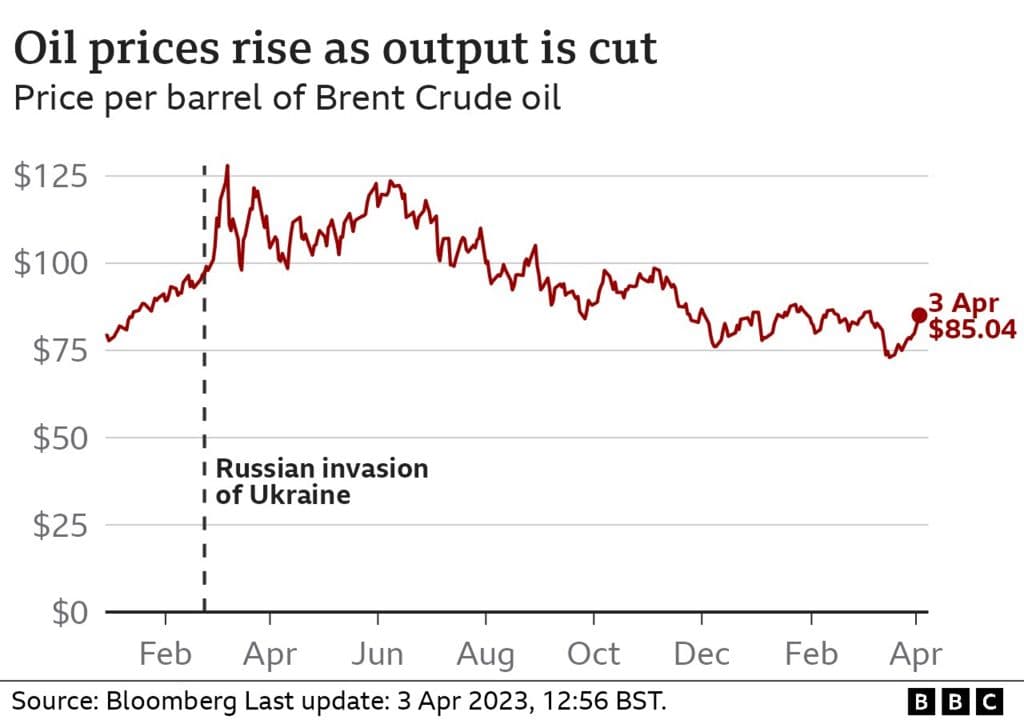Trump Removes Steep Tariffs on Brazilian Food Imports, Retroactive Relief
President Donald Trump signed an executive order removing additional ad valorem tariffs on a list of Brazilian agricultural goods, effective retroactively to November 13, offering immediate relief to importers and U.S. shoppers. The move comes amid ongoing trade talks with Brazil and may prompt duty refunds, while drawing concern from domestic producers and political opponents over the administration’s trade consistency.

President Donald Trump on November 20 signed an executive order removing a set of additional ad valorem tariffs that had been applied to Brazilian agricultural imports, including a 40 percent levy imposed in July. The order rescinds the extra duties on a designated list of products such as beef, coffee, cocoa and certain fruits, and the White House said the change takes effect retroactively to November 13.
The administration had begun rolling back some tariffs earlier in the month to blunt upward pressure on grocery prices ahead of the holiday season. The latest action matches a product list tied to a November 14 order that broadened exemptions for food items, and it signals a partial retreat from tariff measures introduced during the year that had sharply raised consumer costs for affected goods.
Because the tariff removal is retroactive, importers who paid duties between November 13 and November 20 could seek refunds. The practical mechanics of those refunds will fall to U.S. Customs and Border Protection, and trade lawyers said the agency will need to issue guidance on documentation and timelines for reclaiming paid duties. For retail markets, the most immediate impact is likely to be price relief for high visibility items such as ground coffee and imported beef cuts that had become noticeably more expensive after the July levy.
Brazilian officials and industry groups welcomed the order as an important relief for exporters and U.S. buyers. Brazil is a leading global supplier of coffee and beef, and the removal of the additional tariff layers should restore more normal trade flows after months of tariff volatility. The decision was also framed by U.S. officials as part of ongoing negotiations with Brasília over broader trade issues, suggesting the administration views the tariff rollback as both an economic and diplomatic step.
Domestic agricultural producers and political opponents expressed criticism, arguing the move underscored inconsistency in the administration’s trade policy and could disadvantage American suppliers who faced earlier retaliatory measures abroad. The domestic opposition highlights the political balance the White House must maintain between easing consumer price pressures and protecting U.S. farming and ranching interests.
Market analysts noted that while the removal of a 40 percent levy is significant, the ultimate price effect will depend on how much of the prior tariff had been passed through by importers and retailers into final consumer prices. Economists typically find partial pass through from tariffs to consumer prices, so the rollback will likely reduce retail prices but not necessarily return them fully to pre tariff levels immediately.
The move comes as the U.S. and Brazil continue trade discussions, and it may smooth negotiations by removing an acute source of friction. For U.S. shoppers, the timing ahead of peak holiday demand offers potential easing of grocery bills. For the broader policy debate, the action has renewed questions about the administration’s long term strategy on tariffs, trade leverage and the balance between consumer relief and domestic producer protections.

